Dying people tend to have quite a few regrets when on their deathbed. This article is going to talk about the biggest regrets of dying people and what they wish they would have done differently when they had the time. Let’s explore the top 5 regrets of the dying, and try to learn what actually matters in life.
KEY POINTS
- Qualitative research on the top regrets of the dying can help us understand how to live happy lives.
- Quantitative research confirms many of these findings.
- Living authentically and focusing on relationships emerge as important themes in the research.
Bronnie Ware, a hospice nurse, asked the dying what they regretted most. While it may have been too late for her patients, their answers can tell us about how we should be living while we still have the chance.
Here are the top five regrets of the dying, according to her research.
Related: 6 Undeniable Things You Will Regret When You Grow Older
The 5 Profound Regrets of The Dying
1. I wish I had the courage to live a life true to myself, not the life others expected of me.
It can be easy to get caught up in others’ expectations and find that you’re going through the motions of what you feel like you should be doing, rather than living the kind of life that celebrates your uniqueness and lights you up inside.
It can be helpful to identify your values (I recommend picking your top five from this list) and identify how you can live more in line with those values. In addition, research supports that those who use their values (such as creativity, curiosity, humor, kindness, and love) in life and work report greater well-being (Littman-Ovadia & Steger, 2010).
Take a strengths assessment to develop a deeper understanding of your personal strengths and ponder how you can use them more to contribute in unique and valuable ways.
What are your unique interests, values, and strengths, and how can you use them to live a life true to yourself, despite what others think?
2. I wish I hadn’t worked so hard.
The second most common regret was having focused too much on work at the expense of relationships and personal fulfillment. Studies that compare the hardest-working countries to those with the best work-life balance support that the latter enjoy greater levels of happiness than the former.
Interestingly, one study demonstrates that there is a sweet spot of free time that benefits our well-being; those with less than two hours of free time a day are more stressed and depressed, but those with greater than five hours of free time a day also struggle with less meaning in life due to less purpose-driven activities and, thus, lesser well-being.
Of course, sometimes our work hours are out of our control—you have to pay the bills somehow. But are there any ways that you can get intentional about your work-life balance?
Can you simplify your life to allow for less time spent working and more time spent in meaningful activities and fostering relationships?
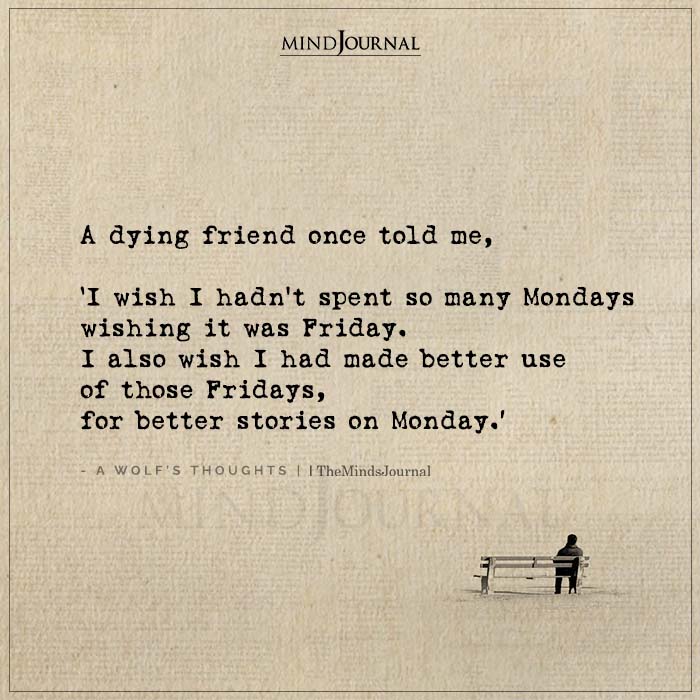
3. I wish I had the courage to express my feelings.
When you keep your feelings and needs inside, you bury parts of yourself that others never see. Not only does this sabotage the ability to be fully seen and, thus, for your relationships to deepen, but it also keeps others in the dark about how they can be there for you and love you better.
The next time you find yourself feeling afraid to express your feelings, try the “Soft Start Up” technique from Gottman Method Couples Therapy. Put your feelings and needs into this formula:
I feel __
When __
And can you help me by __
This technique gives you a clear path for expressing what you feel and how your relationship partner (whether that be a spouse, friend, or co-worker, etc.) can support you.
Related: Top 5 Regrets Of The Dying And How We Can Avoid Them
4. I wish I had stayed in touch with my friends.
Results of the longest-running study of human happiness confirm that supportive, close relationships are the most important facet to living a happy and healthy life.
In the Harvard study, subjects with such connections had much lower rates of diabetes, arthritis, cognitive decline, and myriad other health problems. The healthiest study subjects actively maintained friendships and stayed involved in their communities.
Given that feeling socially disconnected can be as bad for your health as smoking 15 cigarettes a day, fostering your relationships will not only lead you to a more fulfilled life but also a longer one.
How can you put more energy into your relationships? Can you reach out to someone you haven’t seen in a while? Or set up a weekly lunch date with a close friend?
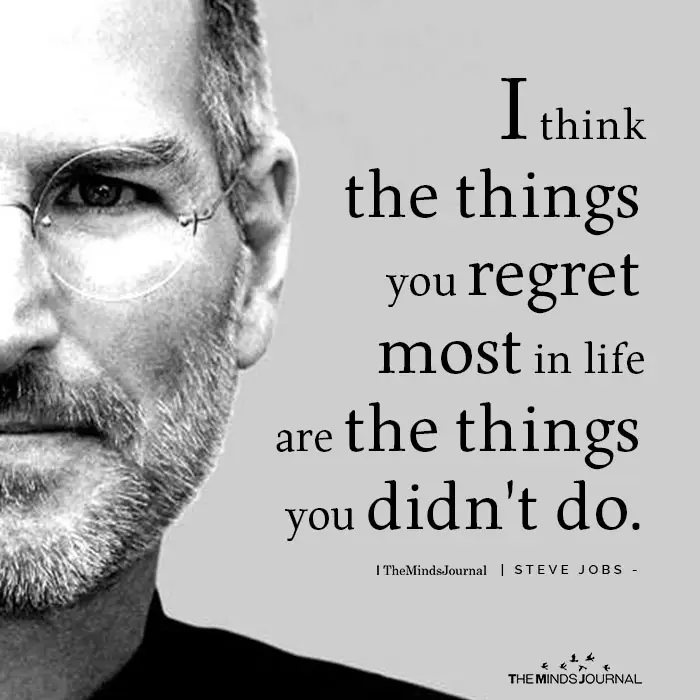
5. I wish that I had let myself be happier.
Allow yourself to live true to yourself and express your feelings. Let yourself focus on work-life balance and your friendships.
Yes, life is hard. The world can be stressful, scary, and downright cruel; there are just as many reasons to be unhappy as there are stars in the sky.
Related: 10 Choices You Will Regret In 10 Years
But, in the end, when you stare up at those stars for the last time, my wish for you is that you can say, “Yes, life got me down sometimes, but I focused on what was important—I didn’t get in my own way.”
Want to know more about the top regrets of the dying? Check this video out below!
To book an online couples or individual therapy or coaching session with Dr. Tasha Seiter or a skilled therapist or coach on her team (from anywhere in the world), visit their website, call, or email: https://marriage-counseling-fort-collins.com/
(970)335-9190
[email protected] would love to work with you in relationship or individual coaching or therapy!
References:
Bronnie Ware. The Top Five Regrets of the Dying: A Life Transformed by Dearly Departing. www.Dr-Tasha.com Marcus Lu. These 3 studies point to the mental health benefits of working less. World Economic Forum. February 9, 2020. Adrian Gostick. Harvard Research Reveals the #1 Key to Living Longer and Happier. Forbes. August 15, 2023.
Written By Tasha Seiter Originally Appeared On Psychology Today
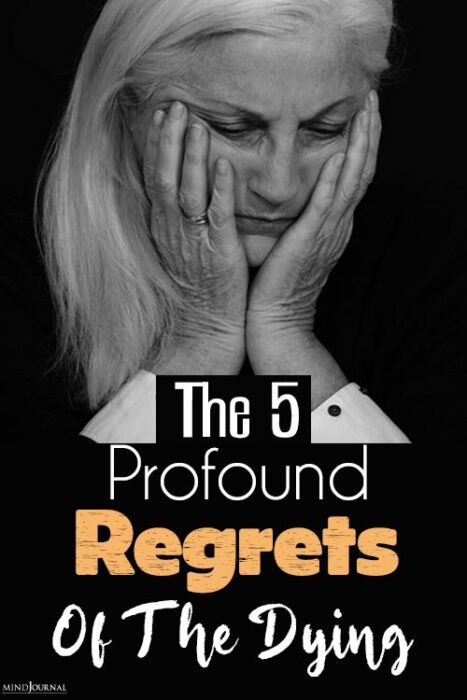
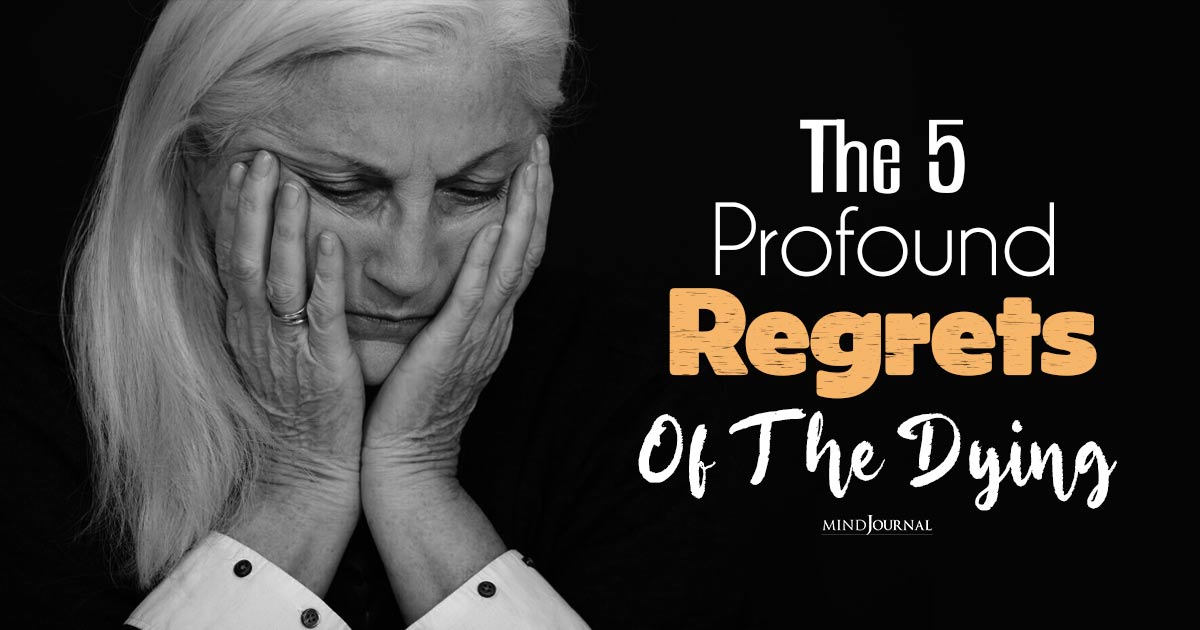




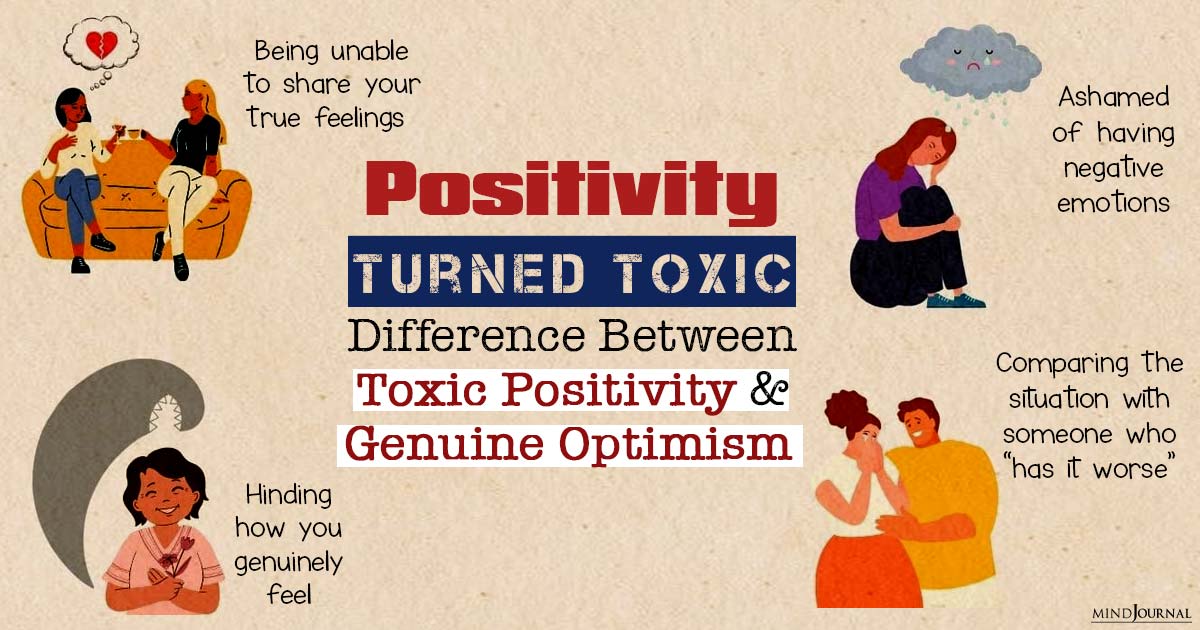
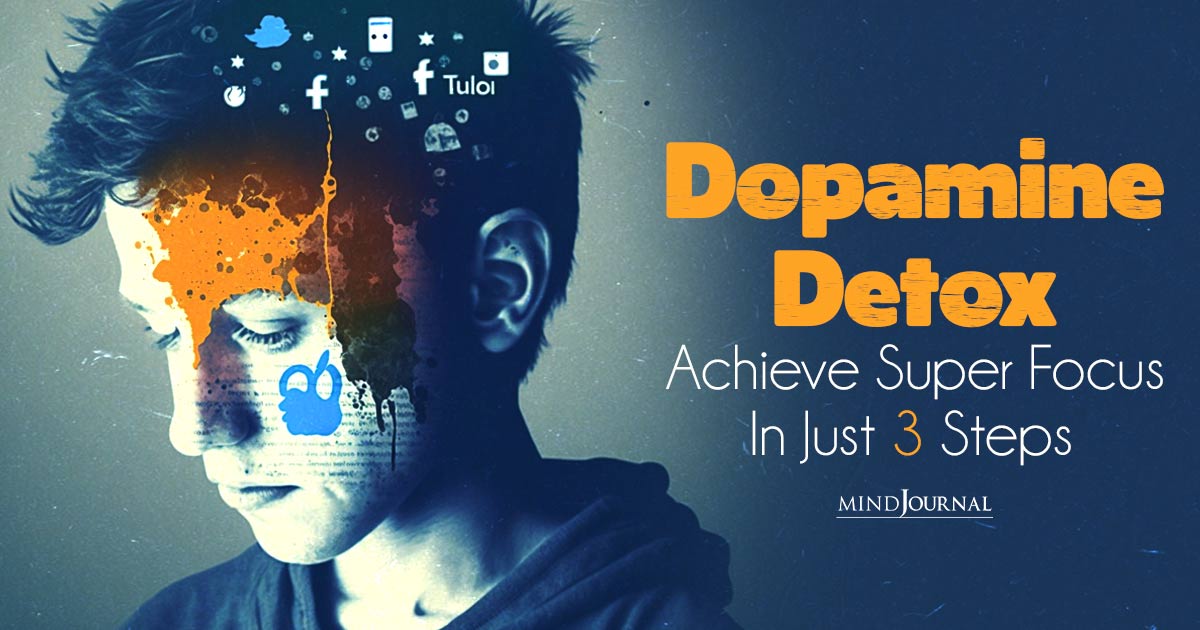
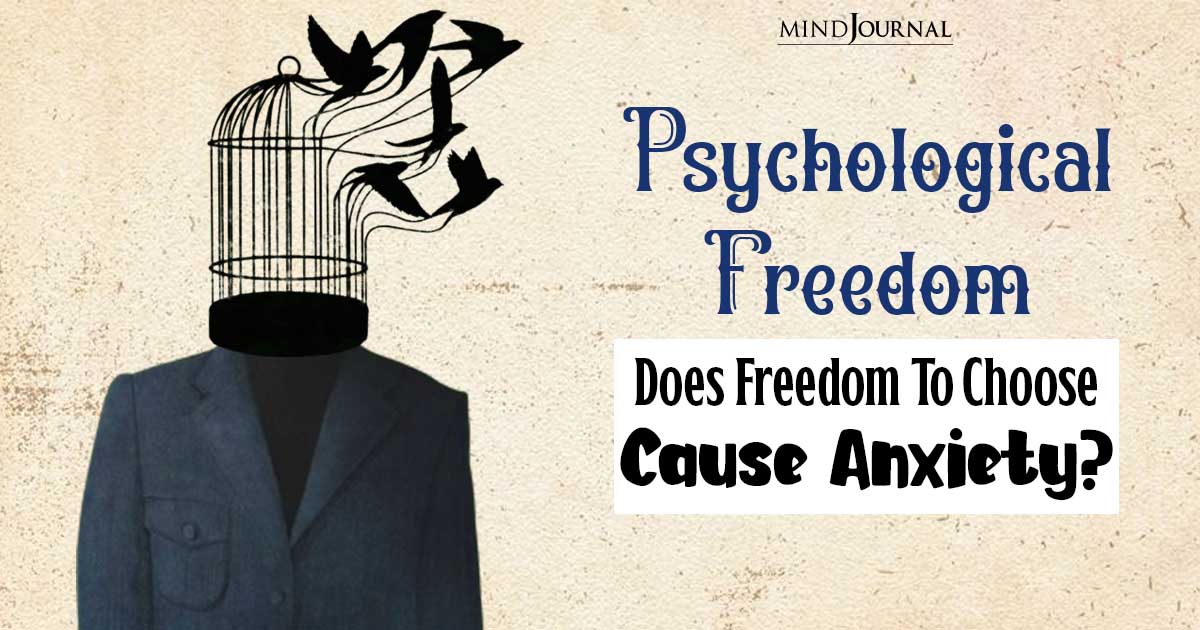
Leave a Reply
You must be logged in to post a comment.